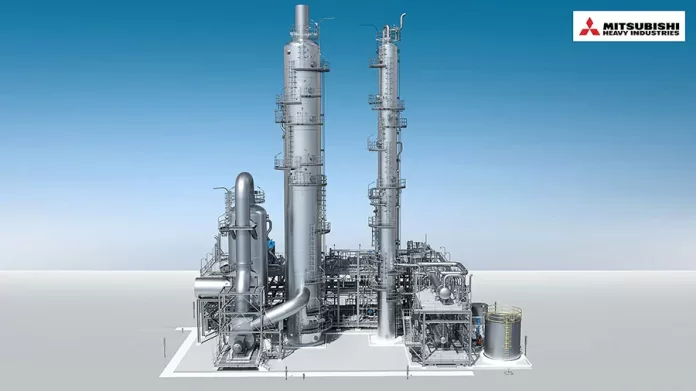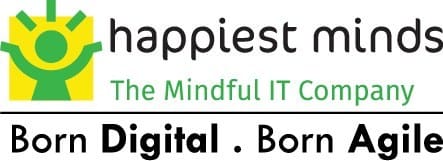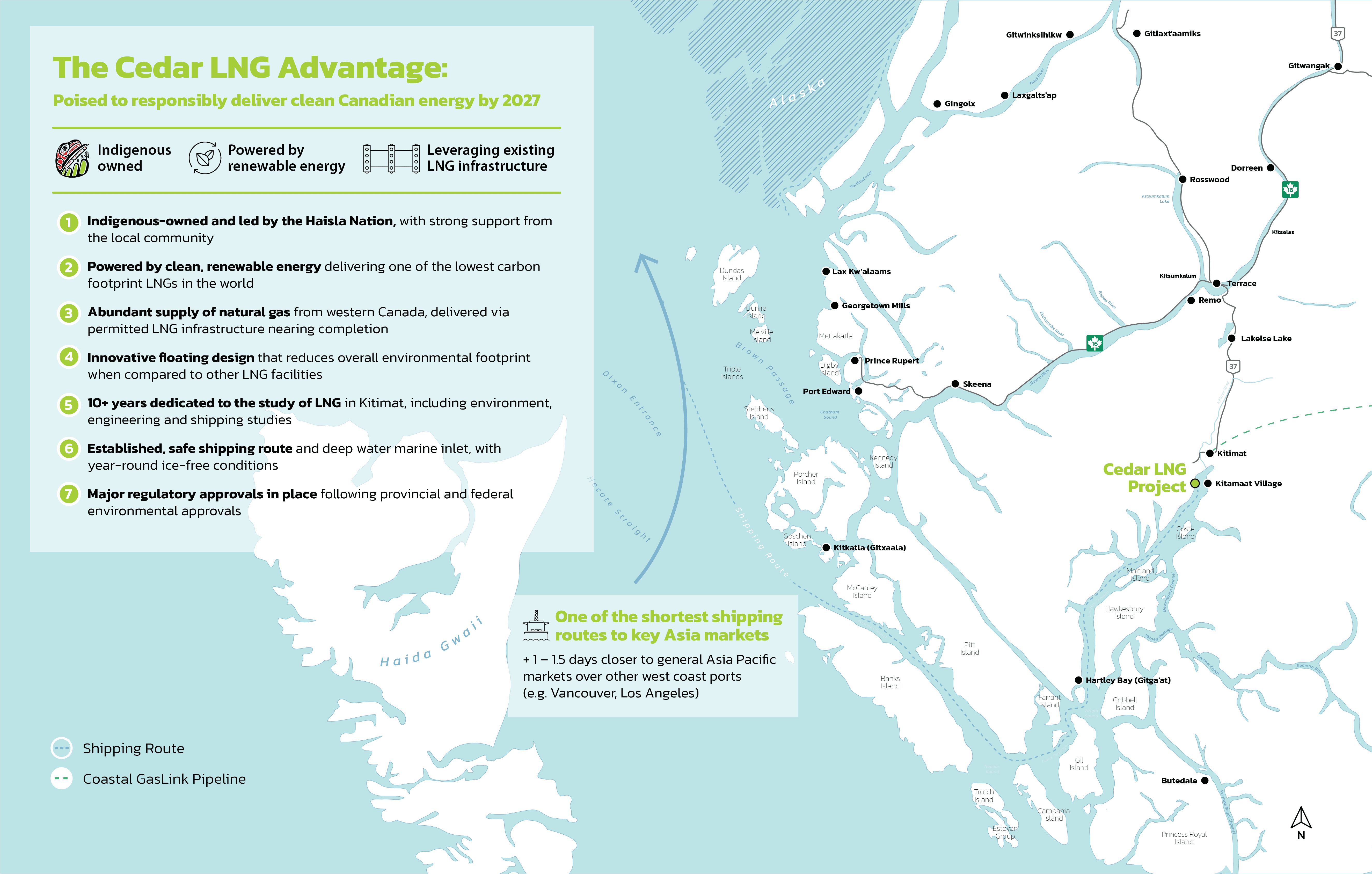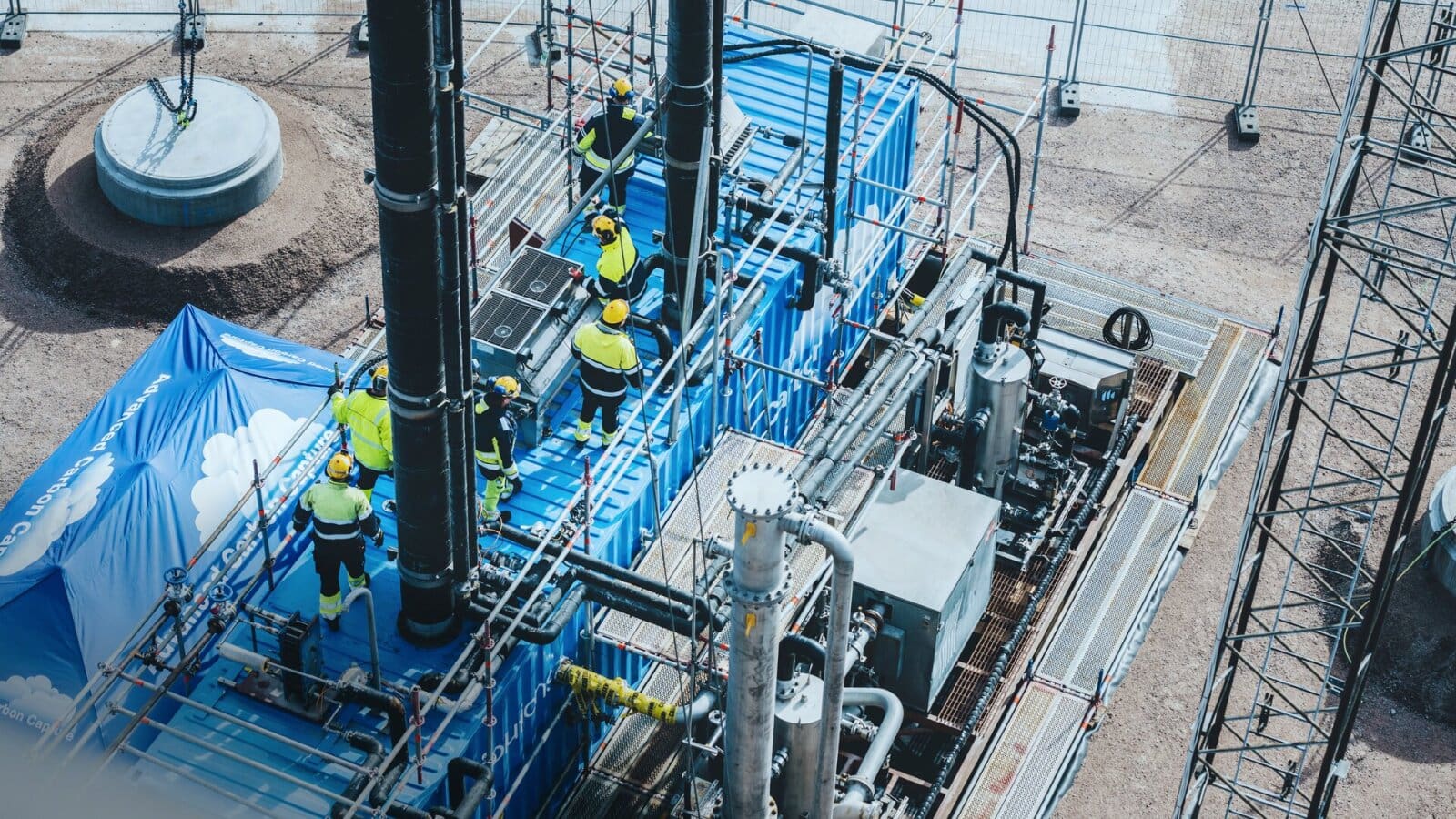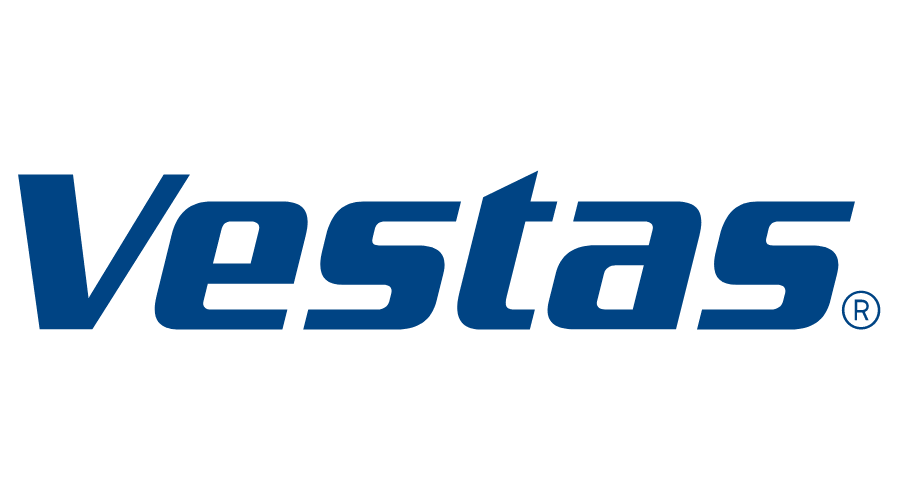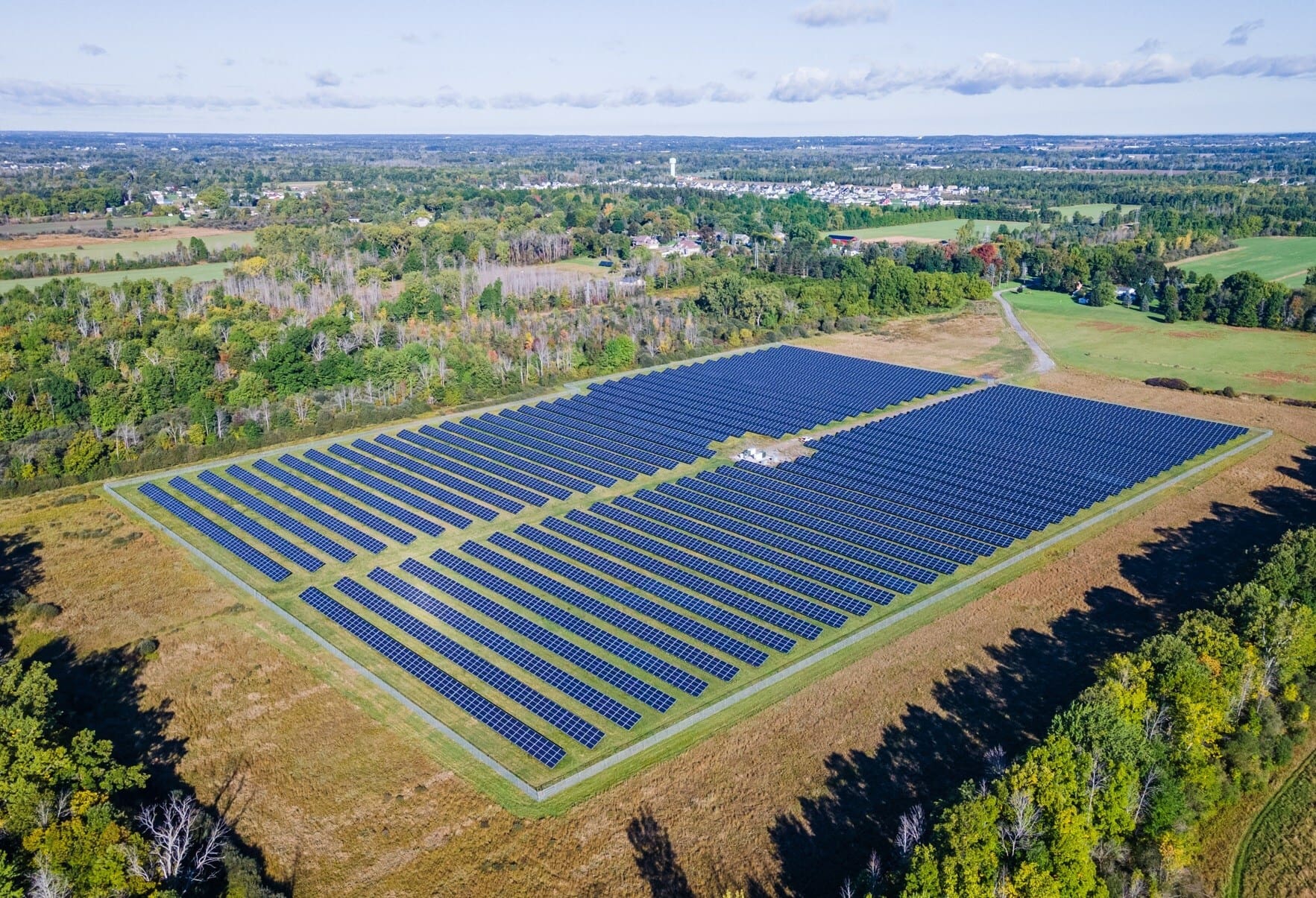Mitsubishi Heavy Industries Ltd. (MHI) has concluded a general license agreement (GLA) with Saipem S.p.A. (Saipem) under which MHI will provide Saipem with its proprietary Kansai Mitsubishi Carbon Dioxide Recovery Process (KM CDR Process) and Advanced KM CDR Process technologies for use in carbon dioxide (CO2) capture plants. MHI has been developing these technologies in collaboration with Kansai Electric Power since 1990. As of April 2023, the company has delivered 15 plants adopting the KM CDR Process, and three more are currently under construction. The Advanced KM CDR Process uses KS-21, which incorporates technological improvements over the amine-based KS-1 solvent adopted at all 15 of the commercial CO2 capture plants MHI has delivered to date. MHI said the advanced version offers superior regeneration efficiency and lower deterioration than the KS-1, and it has been verified to provide excellent energy saving performance, reduce operating costs, and result in low amine emissions.
Saipem is a global solution provider that performs engineering, procurement, construction, and project management in the energy and infrastructure sector. With bases in more than 70 countries, the company processes engineering technologies. MHI has had a cooperative relationship with Saipem for many years relating to the latter’s Snamprogetti Urea technology, resulting in construction of fertilizer plants. Now, through the collaboration in carbon capture, utilization, and storage (CCUS), a structure is in place to enable the execution of CO2 capture plants. The strategic effort is aimed at expanding sales of CO2 capture plants to Saipem’s core business fields, especially in Europe and the Middle East where demand of decarbonization would be increasing in the years ahead. With its ability to accommodate numerous projects, MHI looks to develop a global CCUS market. The newly expanded collaboration with Saipem can be expected to further advance MHI’s global CCUS strategy in addition to other partnerships MHI has formed globally over the years.

“This agreement, signed with a key partner such as MHI, allows Saipem to combine its expertise and track-record in designing and building upstream, midstream, and downstream facilities with post-combustion technology for large plants,” said Fabrizio Botta, Saipem’s chief commercial officer. “This enables Saipem to further consolidate its position and expand its portfolio of solutions in the decarbonization sector.”
“We are pleased to be partnering with Saipem in the CO2 capture business,” said Kenji Terasawa, CEO and head of engineering solutions at MHI. “With this agreement, we would like to collaborate with Saipem for numerous projects in Europe, the Middle East, etc., to lead global CCUS market growth as an innovative solutions provider. We will accelerate the CO2 capture business and create a CCUS value chain to achieve a carbon neutral society.”
MHI has declared “mission net zero” to achieve carbon neutrality by 2040, and the company is now undertaking strategic initiatives toward decarbonizing the energy supply side. Core among those efforts is the development of a CO2 solutions ecosystem, which links diverse carbon emission sources with storage and utilization. The company’s engineering solutions division was integrated into MHI this April and possesses proprietary CO2 capture technologies that could advance MHI’s CCUS operations and contribute to reducing greenhouse gases on a global scale.



